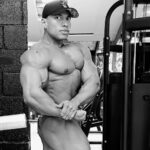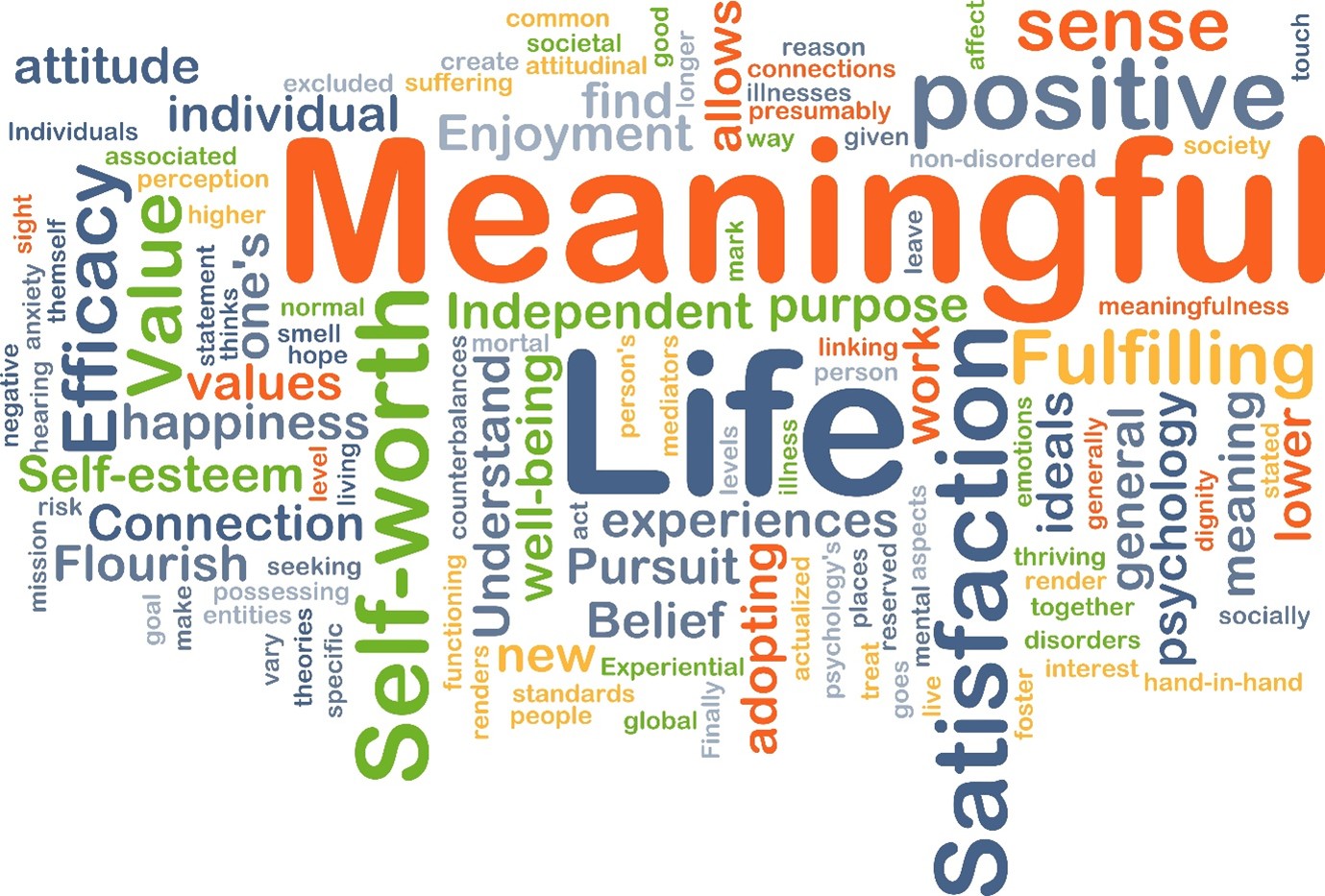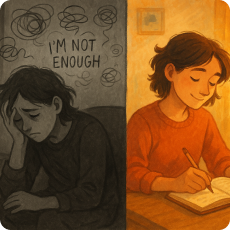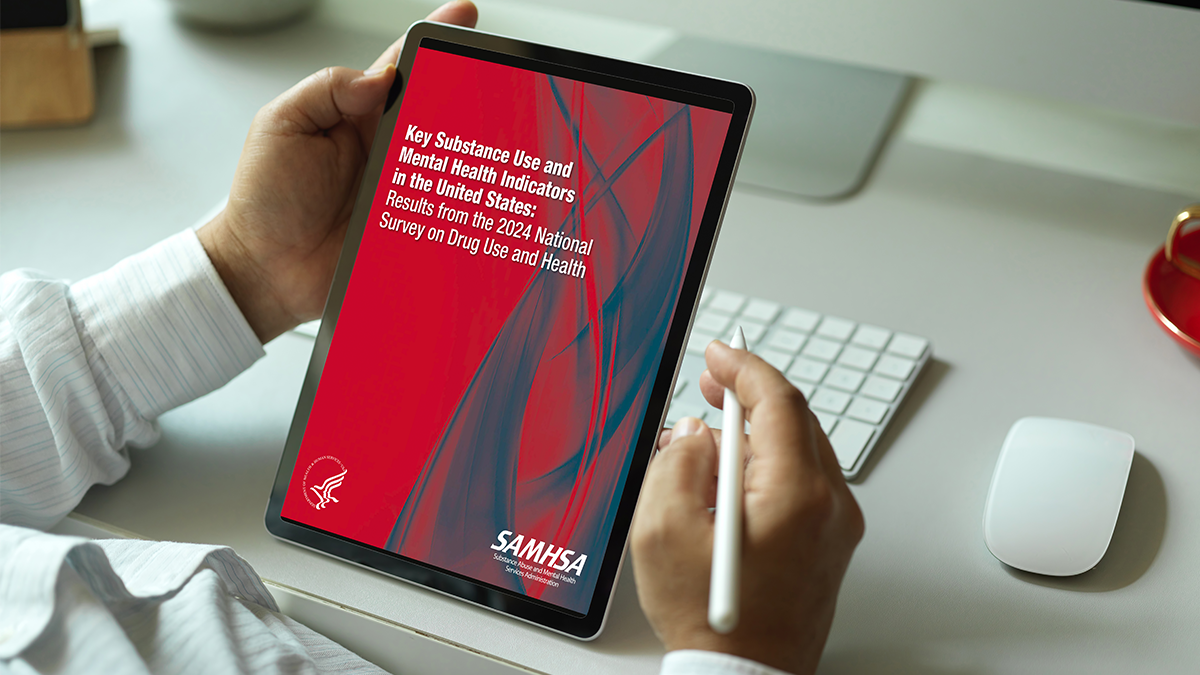Have you ever felt like you’re going through the motions at work, but something essential is missing? You’re not alone.
The story that started everything
My good friend Richard Boele’s journey to becoming KPMG’s Chief Purpose Officer began with a life-changing moment at 21. While traveling in Tibet, he witnessed a brutal murder during a Chinese crackdown. A young boy led him to safety, and the boy’s father made a heartfelt plea: “Share with the world what’s happening here, as I cannot leave.”
That moment fundamentally shifted everything for me,” Richard told me. “I suddenly understood what purpose meant—being a voice for the voiceless.”
But purpose took on an even deeper meaning when Richard and his wife faced unimaginable tragedy—losing two sons before they turned 20 to a genetic illness. When their son Bodhi died in May 2023, Richard faced his darkest moment.
“Having a sense of purpose wasn’t just career-defining; it became life-sustaining,” he shared. “When everything falls apart, purpose gives you somewhere to direct your energy and find meaning.”
Why purpose matters more than ever
I recently surveyed 457 people about the greatest threats to their resilience, mood, and performance. The questions they asked me were telling:
- “How can I put my strengths to best use to feel purposeful?”
- “How can I have a positive impact?”
- “Should I change my work? How can I be more content?”
- “What do I do with the rest of my life?”
Without purpose, we become disengaged and unproductive. We struggle to manage priorities and balance competing needs. People without purpose experience higher levels of burnout and stress during change and disruption.
But here’s the powerful truth: purpose isn’t something you create—it emerges from your experiences, and often the difficult ones. As Viktor Frankl wrote, “You don’t create your mission in life – you detect it.”
How to uncover your career purpose
After 15 years in recruitment and career coaching, I’ve found one question that consistently provides insights into your career purpose:
“When you reflect on your career, what highlight are you most proud of?”
This question is powerful because it reveals your intrinsic motivators. To gain deeper insight, follow up with:
- What were you doing during this highlight?
- Who were you helping?
- How did they benefit from your help?
- What strengths or skills did I use to achieve this?
The magic happens when people answer these questions. In my workshops, I see the energy in the room lift immediately. People smile, become animated, their eyes sparkle. It happens every time.
The power in action
I worked with Derick Borean, the former CEO of Altius a high-growth company, and took his 15 leaders through my Great Leaders Care workshop. During the session, they explored their proudest achievements in small groups.
At the conference dinner that night, Derick asked them to share their proudest moments with everyone. The discussion created extraordinary camaraderie and energy. At the end of the night, the caterer told Derick it was a privilege to witness that dinner and conversations. That’s the infectious power of people tapping into their purpose.
Your first draft
From your answers, write your first draft using this format:
I help/show (who you most enjoy serving), by (what you do and the benefit of your work provides them).
For example, Andrea, a young financial planner who was embarrassed by media stories about rogue planners, wrote:
“I help people to be worry-free about money, so they can live their ideal life.”
This statement came from her deepest values and energized her. Now when people ask what she does, this is her reply. She says it helps her navigate frustrations, setbacks, and things outside her control.
The success that follows
When Richard returned to KPMG, CEO Andrew Yates created the role of Chief Purpose Officer specifically for him. His mission: help over 9,000 people discover their personal purpose and align it with their team and organizational purpose.
Richard’s approach is beautifully simple, and he recommends 3 questions to detect your purpose, beyond just the workplace:
- What makes you truly angry about the state of the world?
- What brings you deep joy? and,
- Where do your unique skills meet the world’s needs?”
Your turn
Remember, progress is better than perfection. Your purpose statement doesn’t need to be perfect—it needs to be authentic and energizing.
Start with that one question about your proudest career moment. Write your first draft. Share it with someone you trust. Let it guide you when you face setbacks or difficult decisions.
Your purpose is waiting to be discovered. As Richard learned through his darkest moments, “Our deepest wounds often reveal our most profound calling.”
What’s your proudest career moment? The answer might just transform everything.










